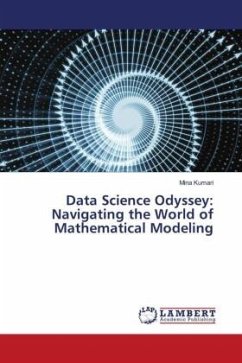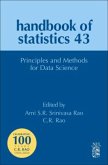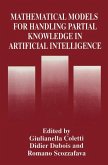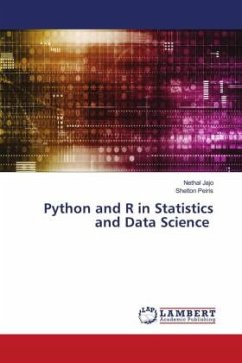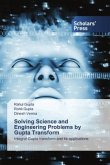This book provides a comprehensive foundation in the mathematical tools essential for modern data science and machine learning. It blends core subjects such as linear algebra, calculus, probability, statistics, optimization, and numerical methods with real-world applications. Readers explore matrix operations, eigenvalues, and dimensionality reduction techniques like PCA and t-SNE. Optimization is covered through gradient-based methods and regularization strategies. Probability theory, Bayes' theorem, and statistical inference form the basis for modeling uncertainty. Information theory concepts like entropy, cross-entropy, and KL divergence are applied to learning and feature selection. Efficient computational methods are introduced using Python/Numpy implementations. Advanced topics include graph theory for network analysis and stochastic models such as Markov chains and ARIMA for time series forecasting. This book bridges theory and practice, offering step-by-step problem-solving, coding exercises, and a deep understanding of the mathematical backbone driving AI and data science.
Bitte wählen Sie Ihr Anliegen aus.
Rechnungen
Retourenschein anfordern
Bestellstatus
Storno



